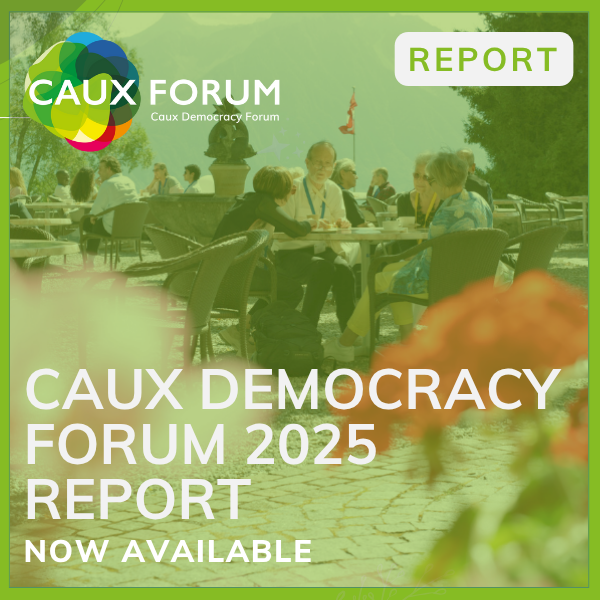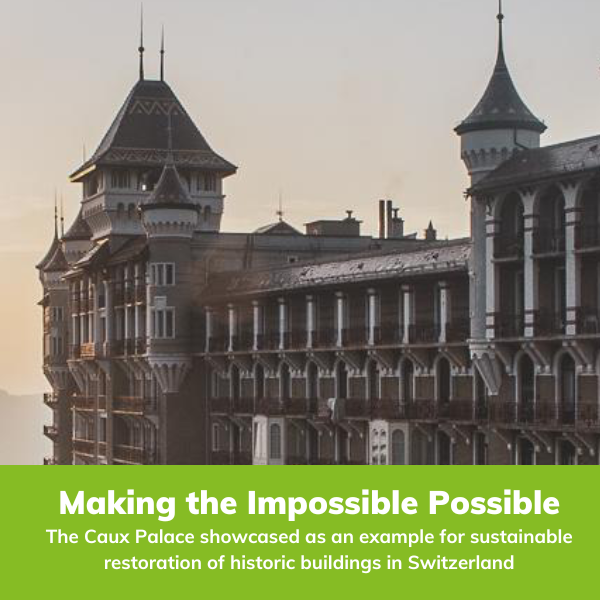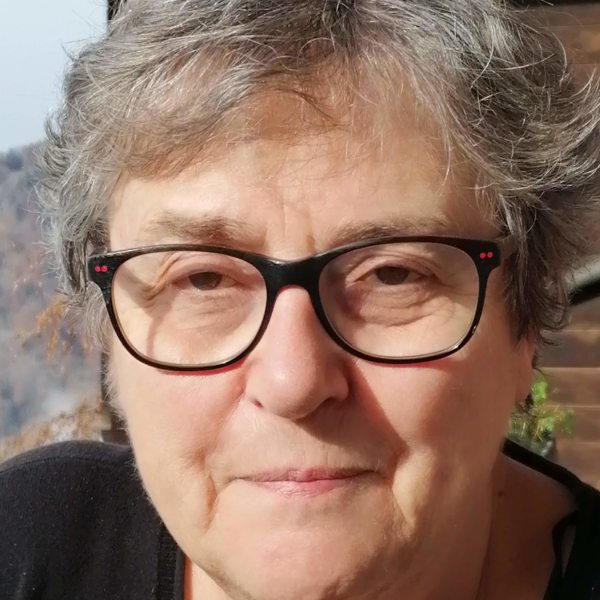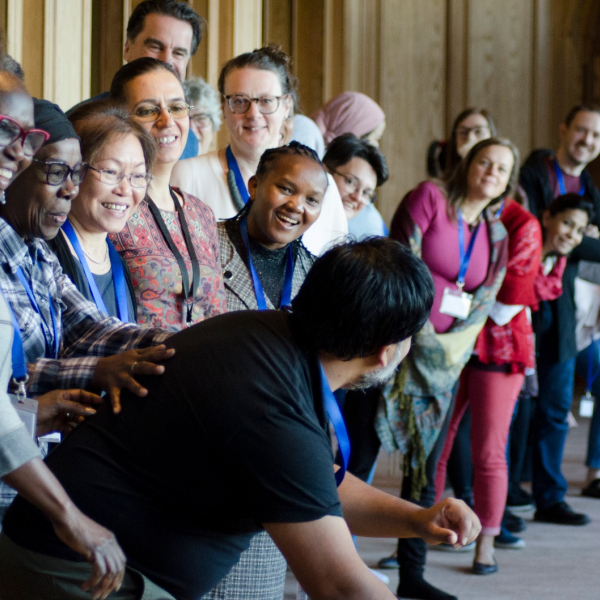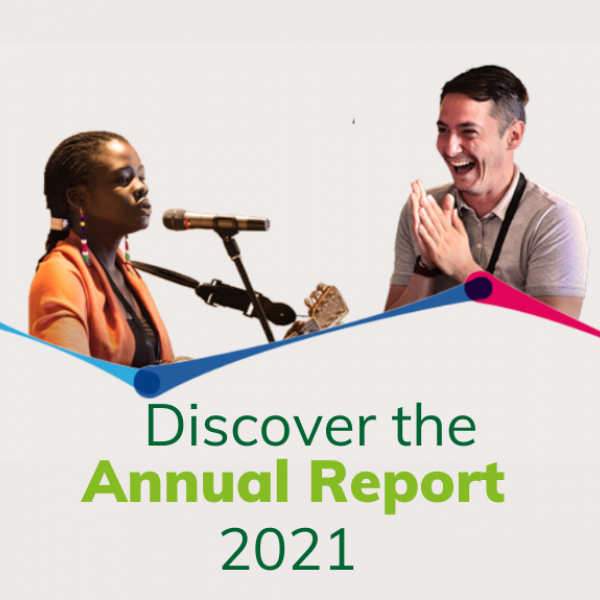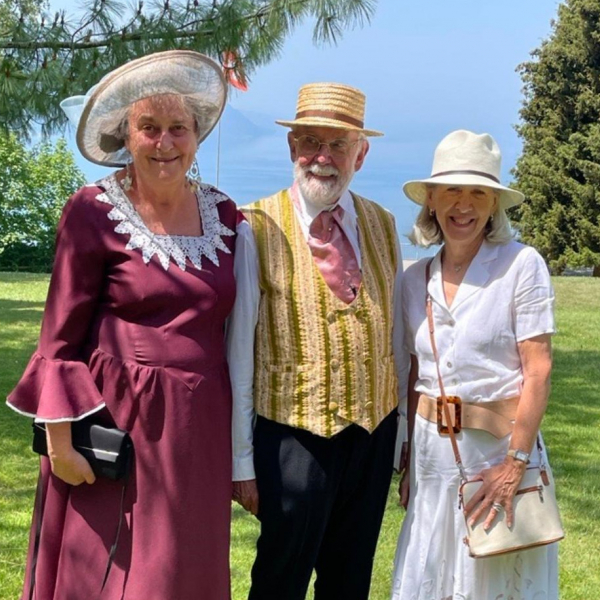Kosovo’s former finance minister announces new peacebuilding initiative
30/06/2015
Ambassador Ahmet Shala, the Economics and Finance Minister of the Republic of Kosovo from 2008 to 2011, following the country’s declaration of independence from Serbia, lost many members of his close and wider family during the Kosovo War 1998-99. ‘For six months I didn’t know if my wife and family were alive or dead,’ he told the annual conference on Trust and Integrity in the Global Economy in Caux, Switzerland, on 30 June 2015. On his return home, on 16 June 1999, he found that ‘my flat and my house were burned.’
Yet Ambassador Shala appealed for a spirit of apology and forgiveness. ‘We should not get angry, we should not loose trust, we should find strength and get beyond the pain. We should apologize and forgive,’ he said. ‘I am proud of my people and my nation – the nation of Mother Teresa. Her spirit, soul and heart are present – today and forever. Today, in Kosovo, families and people who lost everything are now calling for peace, forgiveness and reconciliation. It is everybody’s business to help to change things for the better. Truth telling is very important in life. You should listen to others too. There are sufferings on the other side too. That is why we have to start with an apology, even for the smallest “thing” you might have done wrong to others.’
He again quoted Mother Teresa who had said, ‘Do not wait for leaders to change things. It is everybody’s business to help to change things, person to person.’
Through a story, Shala introduced the three questions 'Who are you? Where are you going? Why are you going there?' that according to him one should ask oneself every day. He continued: ‘Do we do enough to change for the better? Change starts at the very grassroots with your own family.’
His father had told him: ‘There are only two nations in the world—good people and bad people.’ Shala added that ‘we are not here to judge who is good or bad; but we are here to be an example of change, to love our neighbour and even our enemy. Only with love, care, genuine dedication and respect can you win against hate.’ His father had also told him: ‘The wings of man are good friends. You should be the wings of the friend in need.’ He spoke proudly of how today in the Kosovo Parliament the nation’s two million people now are well represented, even the smallest minorities such as Roma, Ashkali, Gorani etc. Even those who make up 0.5 per cent of the population have a seat in parliament, he said. Over five million Kosovars are scattered in the diaspora around the world, including 850,000 in the USA and probably more in Europe and Turkey. Though Serbia does not yet recognize the independence of Kosovo and it is not yet a member of the United Nations, Kosovo has gained significant diplomatic recognition as a sovereign state from 110 UN member states so far.
Ambassador Shala, who was Kosovo’s ambassador to Japan from 2012 to 2015 and is now a visiting lecturer at three US universities, announced his plan to launch a Foundation for Peacebuilding and Sustainable Development in the Balkans and South East Europe, by 2017. His aim is to encourage the regeneration of the Balkans on the basis of healing the past and creating economic wellbeing for everyone. ‘You cannot expect peace from an empty stomach,’ he said. The foundation will be built on four Ts, he said: think, talk, trust and team. He appealed to the conference for support in this. ‘I am here to ask you for team-building. I am searching for partners to make it happen,’ he said.
He received an immediate response from a British member of the audience who has conducted Foundations for Freedom training courses in central and eastern European countries, including Ukraine, in recent years.
Shala told a story from 1999 about an old villager he had met in the streets of Kosovo. He asked him if he could forgive someone from Serbia. Holding up his stick, he replied: ‘Listen, I lost 18 members of my family. They took my 12-year-old nephew and pushed me to watch how they massacred him and the others. How can I forgive now? But if a Serbian child comes through my village, I’ll protect him as if he were my son and nobody could touch him’. Shala said that the old man had given him hope for forgiveness and hope in the generation to come. ‘The struggle is between mercy and revenge,’ he concluded'.
by Michael Smith and Sherif Rizq


